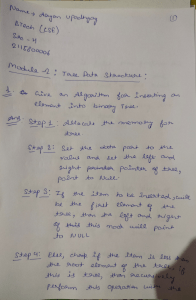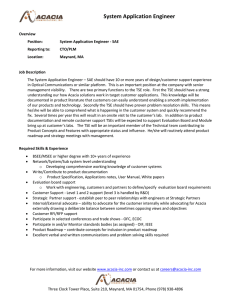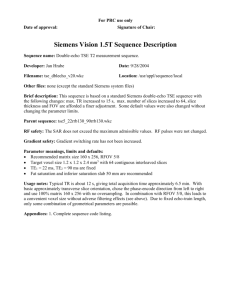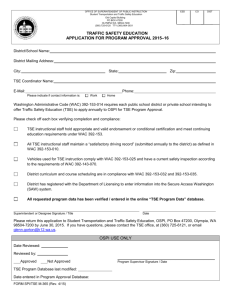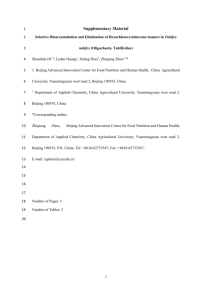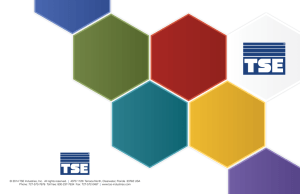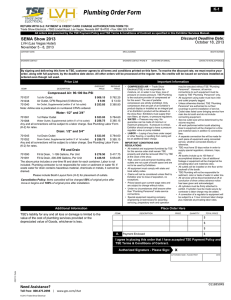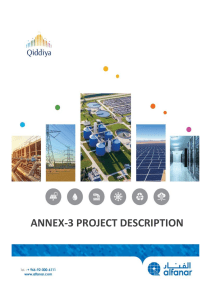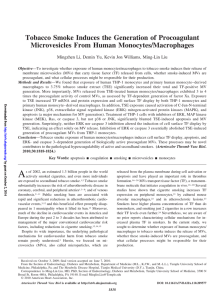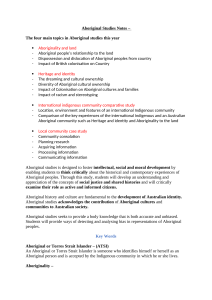S Editorial: How Special Should Issues Be? Bashar Nuseibeh
advertisement
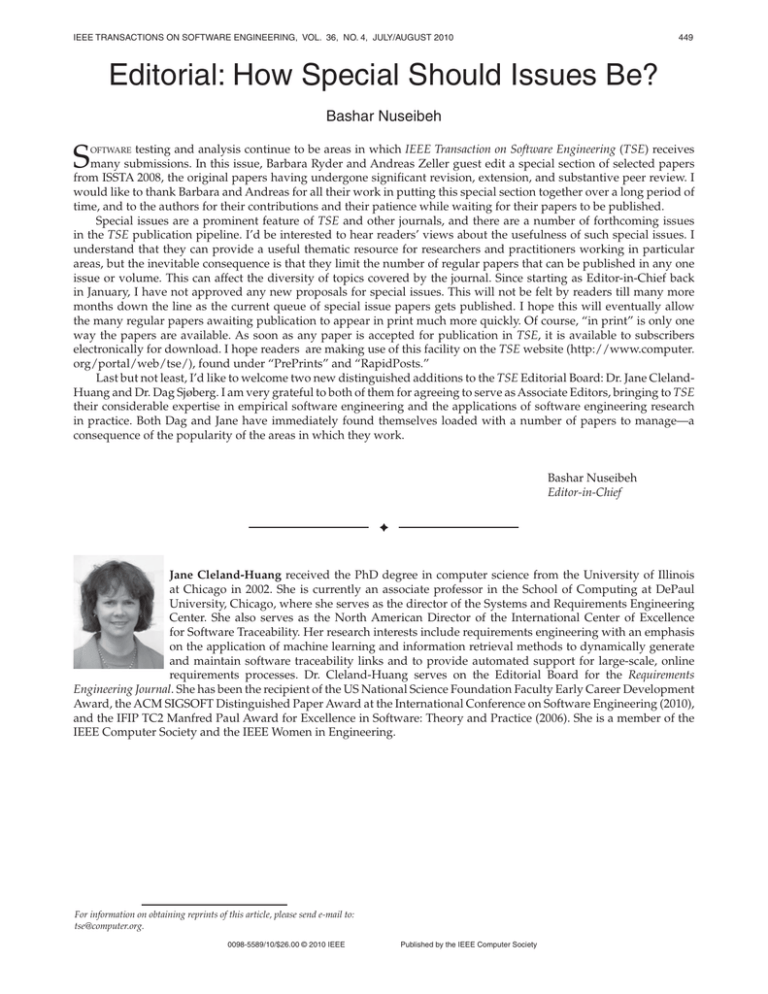
IEEE TRANSACTIONS ON SOFTWARE ENGINEERING, VOL. 36, NO. 4, JULY/AUGUST 2010 449 Editorial: How Special Should Issues Be? Bashar Nuseibeh S OFTWARE testing and analysis continue to be areas in which IEEE Transaction on Software Engineering (TSE) receives many submissions. In this issue, Barbara Ryder and Andreas Zeller guest edit a special section of selected papers from ISSTA 2008, the original papers having undergone significant revision, extension, and substantive peer review. I would like to thank Barbara and Andreas for all their work in putting this special section together over a long period of time, and to the authors for their contributions and their patience while waiting for their papers to be published. Special issues are a prominent feature of TSE and other journals, and there are a number of forthcoming issues in the TSE publication pipeline. I’d be interested to hear readers’ views about the usefulness of such special issues. I understand that they can provide a useful thematic resource for researchers and practitioners working in particular areas, but the inevitable consequence is that they limit the number of regular papers that can be published in any one issue or volume. This can affect the diversity of topics covered by the journal. Since starting as Editor-in-Chief back in January, I have not approved any new proposals for special issues. This will not be felt by readers till many more months down the line as the current queue of special issue papers gets published. I hope this will eventually allow the many regular papers awaiting publication to appear in print much more quickly. Of course, “in print” is only one way the papers are available. As soon as any paper is accepted for publication in TSE, it is available to subscribers electronically for download. I hope readers are making use of this facility on the TSE website (http://www.computer. org/portal/web/tse/), found under “PrePrints” and “RapidPosts.” Last but not least, I’d like to welcome two new distinguished additions to the TSE Editorial Board: Dr. Jane ClelandHuang and Dr. Dag Sjøberg. I am very grateful to both of them for agreeing to serve as Associate Editors, bringing to TSE their considerable expertise in empirical software engineering and the applications of software engineering research in practice. Both Dag and Jane have immediately found themselves loaded with a number of papers to manage—a consequence of the popularity of the areas in which they work. Bashar Nuseibeh Editor-in-Chief Jane Cleland-Huang received the PhD degree in computer science from the University of Illinois at Chicago in 2002. She is currently an associate professor in the School of Computing at DePaul University, Chicago, where she serves as the director of the Systems and Requirements Engineering Center. She also serves as the North American Director of the International Center of Excellence for Software Traceability. Her research interests include requirements engineering with an emphasis on the application of machine learning and information retrieval methods to dynamically generate and maintain software traceability links and to provide automated support for large-scale, online requirements processes. Dr. Cleland-Huang serves on the Editorial Board for the Requirements Engineering Journal. She has been the recipient of the US National Science Foundation Faculty Early Career Development Award, the ACM SIGSOFT Distinguished Paper Award at the International Conference on Software Engineering (2010), and the IFIP TC2 Manfred Paul Award for Excellence in Software: Theory and Practice (2006). She is a member of the IEEE Computer Society and the IEEE Women in Engineering. For information on obtaining reprints of this article, please send e-mail to: tse@computer.org. 0098-5589/10/$26.00 © 2010 IEEE Published by the IEEE Computer Society 450 IEEE TRANSACTIONS ON SOFTWARE ENGINEERING, VOL. 36, NO. 4, JULY/AUGUST 2010 Dag I.K. Sjøberg received the MSc degree from the University of Oslo in 1987 and the PhD degree from the University of Glasgow in 1993, both in computer science. Since 1999, he has been a professor of software engineering at the University of Oslo. Previously, he worked as a statistician and computer scientist at the National Hospital of Norway, as a software developer and group leader at Statistics Norway, and was an associate professor at the University of Oslo. He has been on the board of three software development companies. In 2001, he founded the Software Engineering Department at Simula Research Laboratory and was its leader until 2008, when it was number 1 in the world (of 1400 institutions) with respect to publications, on the basis of a ranking by the Journal of Systems and Software (JSS) for the period 2004-2008. He was among the top 15 (of 4,000) on the JSS ranking of individual scholars for the period 2003-2007. He was also research director and part of the Simula management team. He has been the leader of many externally funded research projects. Since 1996, he has, together with SINTEF and the Norwegian University of Science and Technology (NTNU), continuously run software process improvement and innovation projects in Norwegian industry, including such organizations as ABB, Telenor, and DNV Software, and many others. Among his research contributions is the insights gained from a significant increase in the realism, scale, and control of empirical studies in software engineering. By attracting appropriate funding, setting up professional project organization, and developing Web-based support environments, he has initiated and organized a large number of experiments with subjects ranging from 300 professionals from 30 companies for one day to eight professionals for two months. To further understand the complexity of software engineering and the costs/benefits of using various software engineering technologies (processes, methods, and tools) for various purposes by people with varying skills in various industrial contexts, he has engaged in how software engineering research may benefit from applying other empirical methods as well, including (controlled, comparative, multiple) case studies, action research, surveys, systematic literature reviews, and meta-analyses. He was on the editorial board of Empirical Software Engineering from 2002 to 2009.
